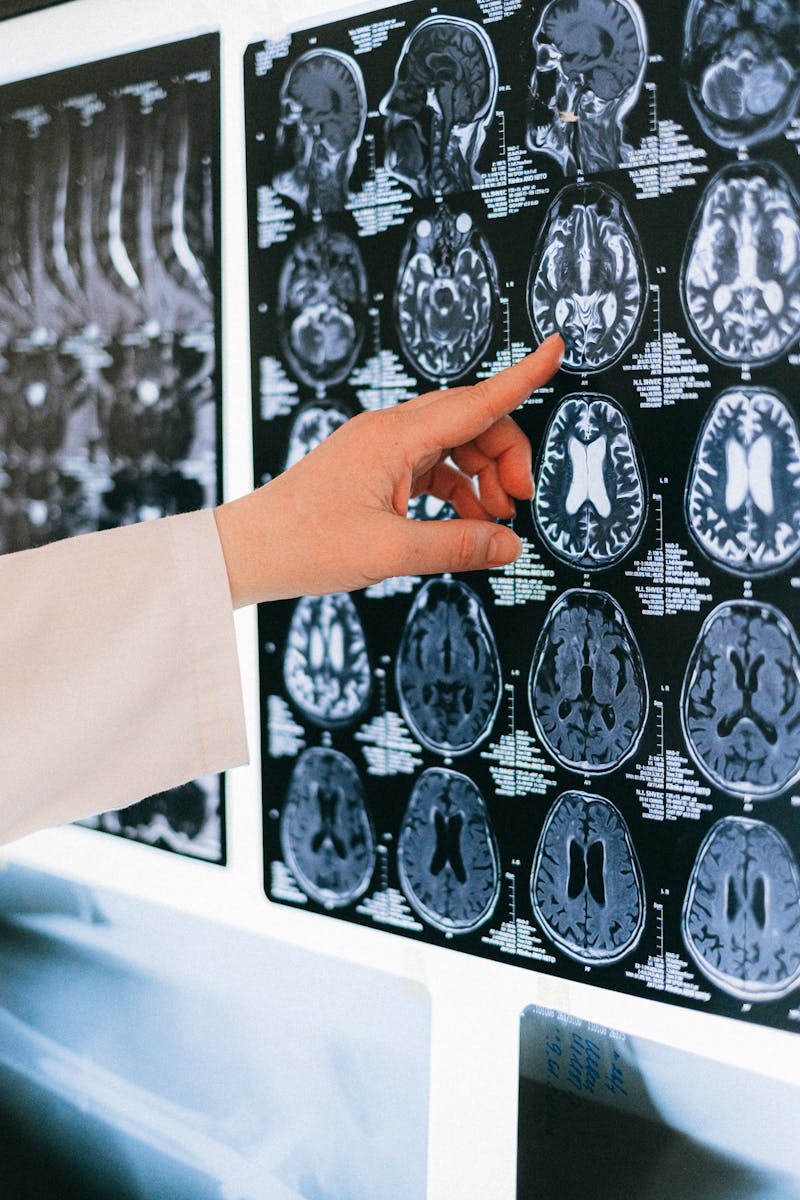What is Misophonia?
Misophonia is a neurophysiological disorder in which a person feels intense discomfort, irritation, anger, or distress when hearing certain sounds. These emotions are hard to control, and reactions vary from person-to-person. Sounds that cause these reactions are called “trigger” sounds, and these can be anything from the sound of chewing to the sound of running water. While some people only have one or two trigger sounds, others can have much more. Some of the most common are the sounds of eating, clicking a pen, smacking lips, and tapping fingers. These “triggers” tend to cause more intense reactions when the person is already feeling anger or another negative emotion. The reactions are also lessened when the person with Misophonia is the one making the noise. Sometimes, people don’t even realize when they are being “triggered”.
Who does Misophonia affect?
Everyone has the potential to develop Misophonia, at any age. Most commonly, however, Misophonia tends to develop in the early teen years. Misophonia also tends to be most common in females, and affects approximately 1 in 5 people during their lives. People with Misophonia are found to have stronger neural connections in certain parts of their brains, and it often co-exists with anxiety and the autism spectrum. Despite affecting a significant amount of people, Misophonia still is not a widely-known condition, but many are working to make it so.
What are the symptoms of Misophonia?
Symptoms of Misophonia fall into three categories: Emotional, Physical, and Behavioral. Emotional symptoms can include rapidly escalating emotions, while physical and behavioral symptoms can include self-defensive processes and other actions that relate to your emotions. Sometimes these actions are even violent. Symptoms usually start with trigger sounds related to their family, and gradually, more sounds can turn into trigger sounds as time passes. Sometimes, even the sight of someone making a trigger noise can become a trigger.
How is Misophonia diagnosed, and treated?
Diagnosing Misophonia is based on the symptoms. While there is currently no cure for Misophonia, there are methods used for developing coping skills and strategies to help with “triggers”. These skills and strategies lower reactions and intensity. The more you use these strategies to lessen your Misophonia, the more effective they will eventually become.
RELATED STORIES
https://my.clevelandclinic.org/health/diseases/24460-misophonia
https://www.health.harvard.edu/blog/misophonia-sounds-really-make-crazy-2017042111534
https://www.childrenshospital.org/conditions/misophonia
https://www.ncbi.nlm.nih.gov/pmc/articles/PMC5321671/
TAKE ACTION
https://psychiatry.duke.edu/duke-center-misophonia-and-emotion-regulation/raisingawareness




